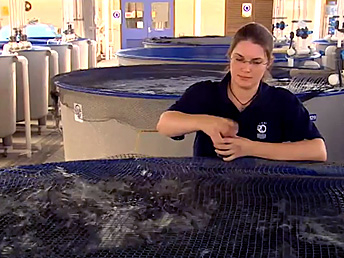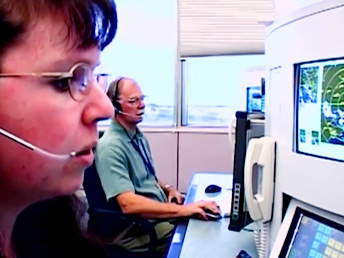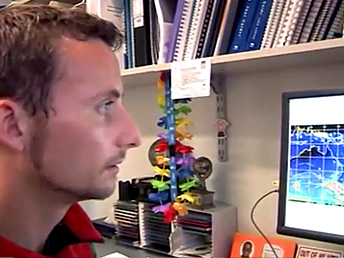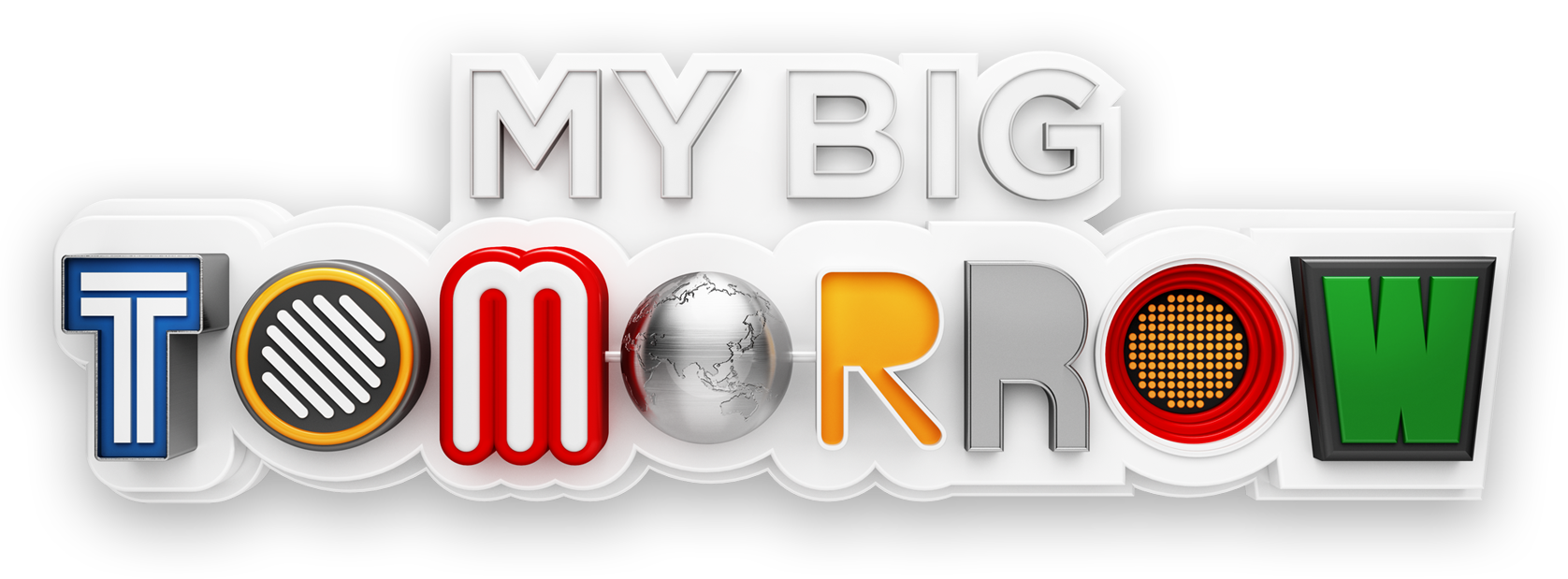
Hydrographic Surveyor
Hydrographic surveyors map out the ocean floor for the purpose of navigation. The information is used to update nautical charts that help determine water depth, obstructions and safe spaces for vessels to use.
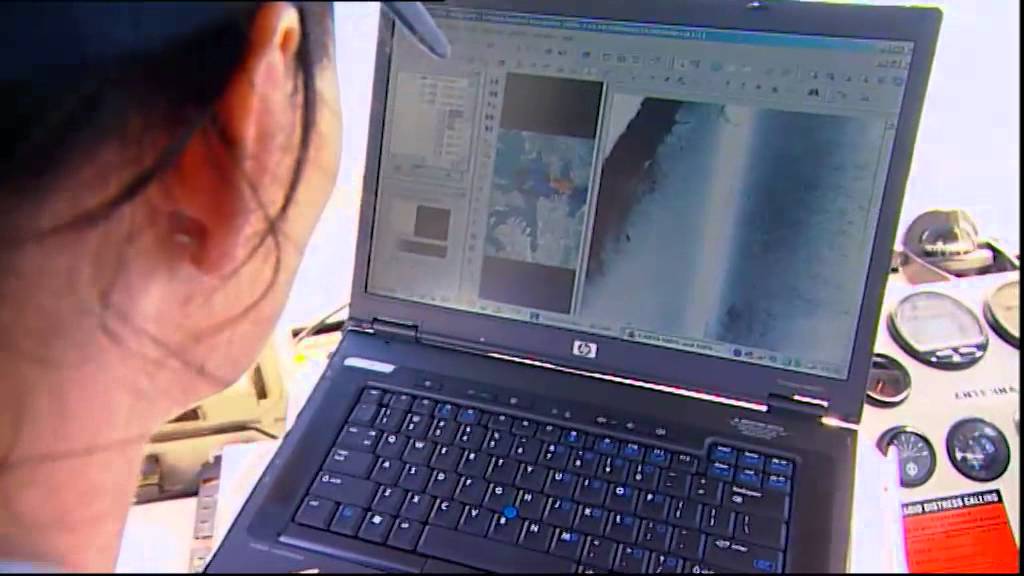

What the job looks like
Salary expectation
starts at $49,482 up to $112,495+

The good
- Spending most of the time outdoors and in beautiful locations
- Doing different things each day
- Helping to keep information up to date and people safe
- Sometimes making new discoveries
- Using different equipment and technologies
The not so good
- Sometimes working in the wind and rain
Hydrographic surveyors use their skills for different purposes. You could be using boat-based navigation to check that minimum water depth is maintained in channels used by cruise or coal ships to avoid potential disasters.
The information you gather could be used by the Navy to map out new paths for their submarines to navigate. Or you might be making sure there are no objects in shipping lanes and supervise their removal otherwise.
You need a solid understanding of maths to be a good hydrographic surveyor as you will be relying on numbers every day for measurements and navigation. Your own results need to be spot on as other people will be using them.
English and literacy skills will help understand the terminology used in the industry. You might also prepare professional reports or documents.
If you like the water, have an analytical mind and enjoy maths, then you might enjoy a career as a hydrographic surveyor.
I get to wake up and spend a beautiful day on the harbor, you also get to practice integrating different technologies.
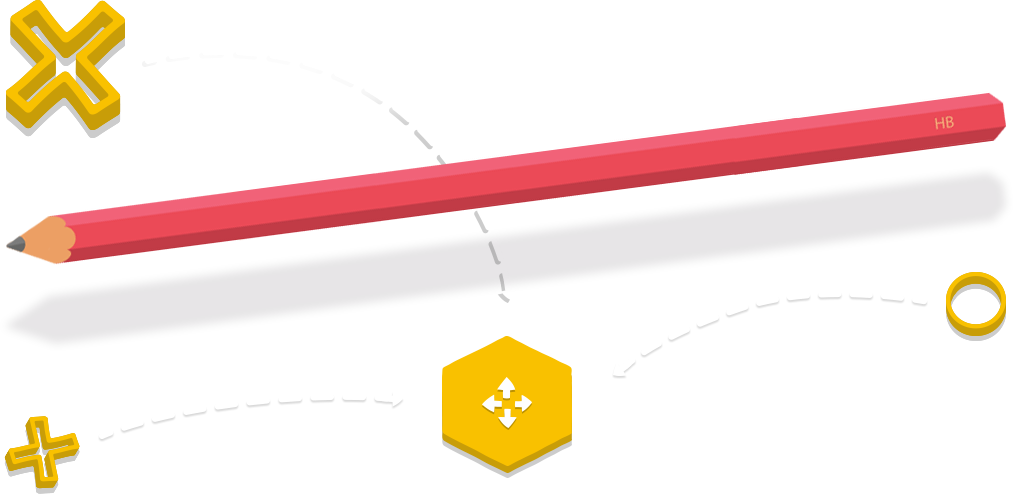
Pathways to this career
Subject suggestions for the HSC
Choosing your HSC subjects from this list could really help with your career. Think carefully about what you want to study after school as you might need to choose specific HSC subjects for that course and to count towards your ATAR (Australian Tertiary Admission Rank). An ATAR is your academic rank in relation to other HSC students and helps with University admission.
HSC subjects
Some subjects will count towards your ATAR, others will not. Check with your career advisor before making subject selections.
- English (Advanced or higher)
- Mathematics (2 unit or higher)
- Engineering Studies
- Physics
- Information Processes and Technology
What can I do after I have finished school?
University degrees
Studying one of these degrees can help with your career.
- Bachelor of Engineering (Surveying)
Alternative entry pathways
You can start a career pathway without the required ATAR by enrolling in a foundation program.
- Diploma of Surveying
- Royal Australian Navy
Suggestions
Check out Surveying & Spatial Sciences Institute for more information
- Get experience on the water to familiarise yourself with the environment and nautical terminology
- Go to career expos and events like Open Day to find out more information about what you will study
